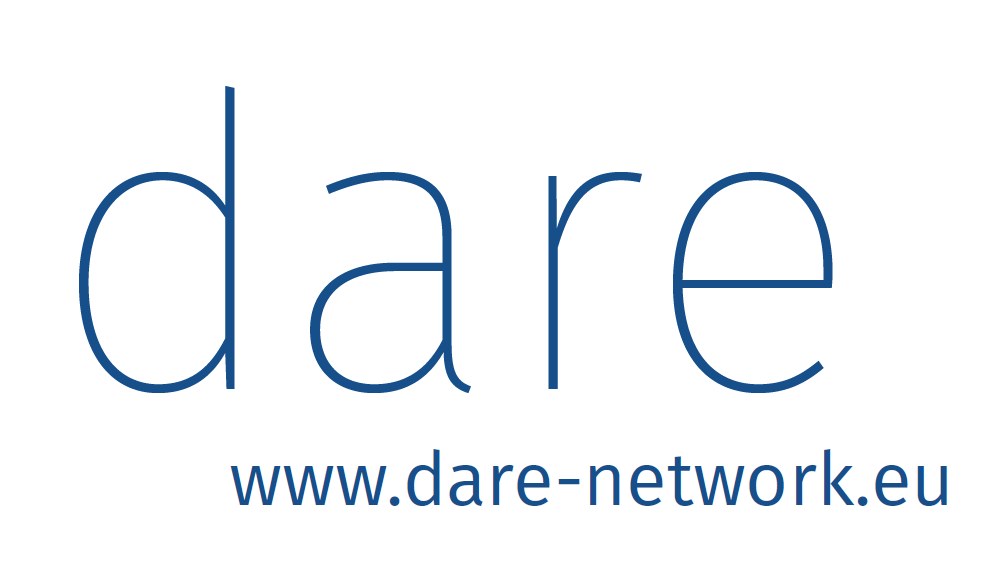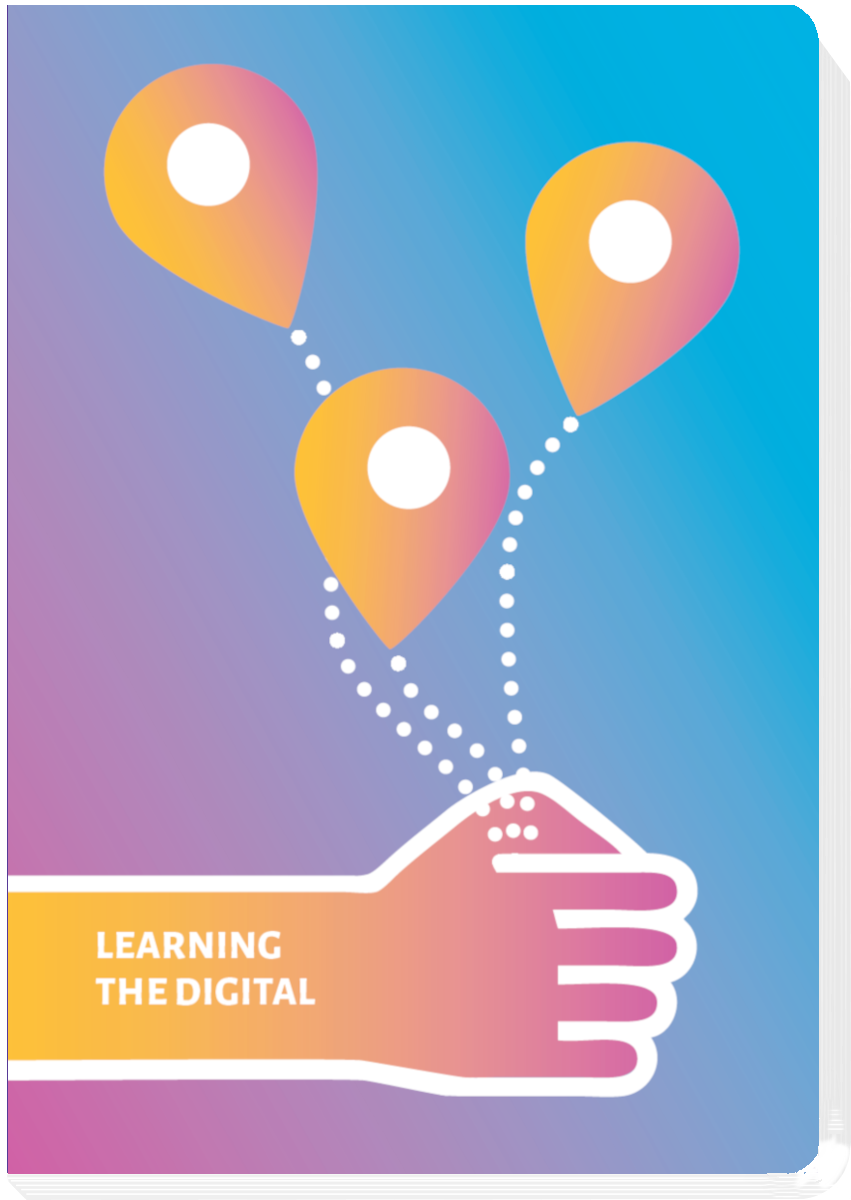Difference between revisions of "Fitness and Health Tracking"
m |
m |
||
| Line 1: | Line 1: | ||
| − | + | ==Reflection== | |
| − | + | '''From a user perspective''': impact on health, body image, social relations. How does it change your (self) perception, physis, relations to others? | |
| − | = | + | |
| − | + | '''Empowerment through technology?''' | |
| − | + | In the context of learning for active citizenship te question is coming to the forefront to what extent these practice empower and enable their users/our learners? | |
| − | < | + | How do data and analysis of your body help you in regard to...=== |
| + | <table> | ||
| + | <tr> | ||
| + | <td> | ||
| − | == | + | </td> |
| − | + | <td style="max-width:30px;">+5</td><td style="max-width:30px;">+3</td><td style="max-width:30px;">0</td><td style="max-width:30px;">-3</td><td style="max-width:30px;">-5</td></tr> | |
| + | <tr> | ||
| + | <td> | ||
| + | Improving abilities and competences? | ||
| + | </td> | ||
| + | <td></td> <td></td> <td></td> <td></td> <td></td> | ||
| − | + | <tr> | |
| + | <td> | ||
| + | Solving problems? | ||
| + | </td> | ||
| + | <td></td> <td></td> <td></td> <td></td> <td></td> | ||
| − | + | </tr> | |
| − | |||
| − | |||
| − | |||
| − | |||
| − | < | + | <tr> |
| + | <td> | ||
| + | Participation and acting as an autonomous and self-determined person? | ||
| + | </td> | ||
| + | <td></td> <td></td> <td></td> <td></td> <td></td> | ||
| − | + | </tr> | |
| − | + | ||
| + | <tr> | ||
| + | <td> | ||
| + | Gaining control and power over your data (traces) and devices? | ||
| + | </td> | ||
| + | <td></td> <td></td> <td></td> <td></td> <td></td> | ||
| + | </tr> | ||
| + | </table> | ||
'''From a platform perspective''': unique personal data. How is it stored, shared, processed? What do you know about the quality of the analytical models? Were you able to “cheat” the system? | '''From a platform perspective''': unique personal data. How is it stored, shared, processed? What do you know about the quality of the analytical models? Were you able to “cheat” the system? | ||
| Line 27: | Line 46: | ||
'''From a societal perspective''': who has an interest in access to such health data of citizens? What would be a legitimate interest? Should widespread tracking data be used for systems like health insurance? Do we define and judge (un)healthy behaviour differently? What advantages or disadvantages do those face who do not participate? | '''From a societal perspective''': who has an interest in access to such health data of citizens? What would be a legitimate interest? Should widespread tracking data be used for systems like health insurance? Do we define and judge (un)healthy behaviour differently? What advantages or disadvantages do those face who do not participate? | ||
| − | + | ||
<div class=experience> | <div class=experience> | ||
Revision as of 10:58, 15 February 2022
Contents
Reflection
From a user perspective: impact on health, body image, social relations. How does it change your (self) perception, physis, relations to others?
Empowerment through technology? In the context of learning for active citizenship te question is coming to the forefront to what extent these practice empower and enable their users/our learners?
How do data and analysis of your body help you in regard to...===
| +5 | +3 | 0 | -3 | -5 | |
|
Improving abilities and competences? |
|||||
|
Solving problems? |
|||||
|
Participation and acting as an autonomous and self-determined person? |
|||||
|
Gaining control and power over your data (traces) and devices? |
From a platform perspective: unique personal data. How is it stored, shared, processed? What do you know about the quality of the analytical models? Were you able to “cheat” the system?
From a societal perspective: who has an interest in access to such health data of citizens? What would be a legitimate interest? Should widespread tracking data be used for systems like health insurance? Do we define and judge (un)healthy behaviour differently? What advantages or disadvantages do those face who do not participate?
Variation: With the eyes of a criminal investigator
Include a look into the participants’ personal data. Many platforms offer analysis going back many years. Log in and look with the eye of a criminal investigator at your profile. Can you identify anything that may be interpreted as suspicious? Something extraordinary? Would it be acceptable for you if somebody else would had access to this data?


